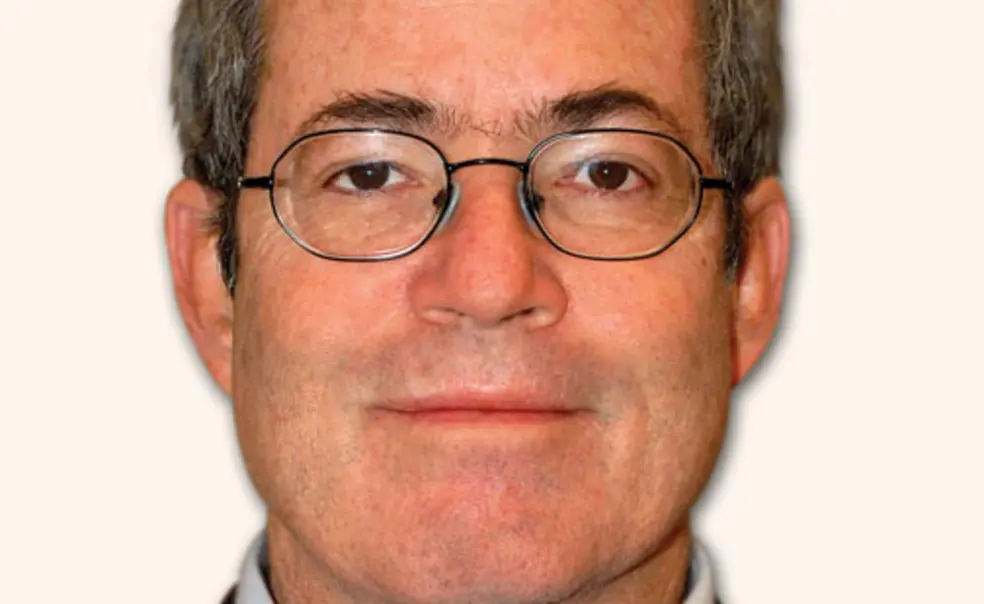A moment with ... Gerald Epstein *75 *81, on conflicts of interest
The recent financial crisis — and the Oscar-winning documentary Inside Job — raised questions about the role of economists in contributing to the upheaval. Now Gerald Epstein *75 *81, the economics-department chairman at the University of Massachusetts, Amherst, is trying to change the way his field operates. Epstein circulated a petition — signed by about 300 economists — calling on the American Economic Association (AEA) to establish a code of conduct requiring that economists who work on the side for financial firms disclose these potential conflicts of interest. That follows a study he and a graduate student completed last year showing that some high-profile economists don’t reveal that they’re paid by financial firms when commenting in academic literature, government testimony, and the media. In response to Epstein’s efforts, the AEA created a committee to explore its disclosure standards. PAW spoke with Epstein in early March.
What led you to study conflicts of interest?
As the financial crisis was picking up steam in 2007 and 2008, I noticed that a lot of economists weren’t responding adequately. They weren’t proposing re-regulation of the financial sector or taking dramatic actions to prevent things from getting worse. What really did it for me was listening to a well-known financial economist talk about how we don’t need more regulation. I knew he was working for a private financial firm, and he didn’t disclose that.
You looked at a small sample of economists. What did you find?
We found out that 70 percent of these economists had financial affiliations that we could identify. They consulted for private financial firms, or they were on the boards of directors of these firms, or they regularly worked with these firms. Yet we found that most of the time, when these economists made media appearances, they only identified their academic affiliations, not their private affiliations. Only four of the economists, out of the 13 that had private affiliations, identified themselves when they were writing about financial reform.
Why is that important?
Academic economists, in particular, like to present themselves as objective scientists. There is a kind of aura around academic economists that when they make pronouncements about public matters related to the economy, this is based on their expertise. So if these economists have other interests that may color the pronouncements they make, I think the public should know, so they can make their own judgments.
Aren’t there all sorts of influences — endowed professorships, sponsors of conferences, donors?
That’s a lot tougher. I think this relates to a broader issue in our society, and that’s the relationship between academia and business. It’s not just economics. It’s in all kinds of research in universities. And I think this is an area where there has to be much more careful attention paid by universities to try to minimize the dangers involved from undue influence by particular sectors of society on academic research.
Do you have any conflicts?
I have gotten grants from a number of foundations. I’ve done some work for U.N. organizations, and I recently got a grant from the Institute for New Economic Thinking. That’s funded by George Soros, though I’m not sure he’d agree with my views on financial regulation.
What kind of reaction have you heard from colleagues?
The only person I really heard from was [Harvard professor and former Treasury secretary] Larry Summers. He agreed with the basic point that there should be more disclosure. However, I was disappointed that he wouldn’t sign our petition to create a code of conduct. He didn’t think the AEA was the right place to enforce this code. Overall, most of the reaction has been positive. I’m sure there are economists who are not happy with what we’ve done.
In the end, did these potential conflicts contribute to the financial crisis?
There’s a bankers’ club among economists. It’s very closed, and tends to believe the financial markets are efficient and that regulation only does harm. And this kind of financial economist — obviously they are the ones that the financial markets tend to hire. What we really want is better economic analysis from the economics profession that can help predict the type of financial crisis we just went through. We could have had more voices before the crisis on the need for more financial regulation, on the need to take these asset bubbles more seriously. We need to be more concerned about the power of finance in our economy and our society.
— Conducted and condensed by Zachary A. Goldfarb ’05













No responses yet